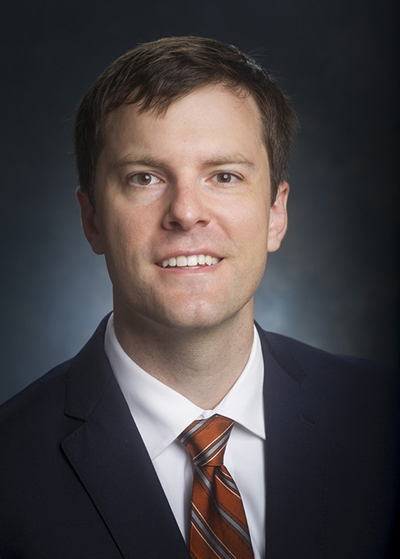 The study showed that 7.4 percent of veterans with a history of homelessness reported having an overdose in the past 3 years. Alcohol was the most commonly involved substance, but opioids and other drugs were common.A new study published in JAMA Network Open by researchers at the University of Alabama at Birmingham and Birmingham Veterans Affairs Medical Center shows that nonfatal overdose is common among veterans who experience homelessness.
The study showed that 7.4 percent of veterans with a history of homelessness reported having an overdose in the past 3 years. Alcohol was the most commonly involved substance, but opioids and other drugs were common.A new study published in JAMA Network Open by researchers at the University of Alabama at Birmingham and Birmingham Veterans Affairs Medical Center shows that nonfatal overdose is common among veterans who experience homelessness.
In a survey including more than 5,700 veterans nationwide who have experienced homelessness, 7.4 percent reported an overdose in the past three years. Alcohol was the most commonly involved substance, but opioids and other drugs were also common.
According to lead author Kevin Riggs, M.D., assistant professor with the UAB Division of Preventive Medicine, individuals with a history of homelessness have a higher risk for drug or alcohol overdose.
“Drug overdose accounts for approximately 70,000 deaths annually in the United States,” said Riggs in the paper. “However, one potentially actionable finding from this study is that alcohol was the most common substance reported with overdose. Alcohol use disorder is treatable with approved medications and interventions, such as motivational interviewing and cognitive behavioral therapy.”
The study, the largest survey of veterans who have experienced homelessness to date, reported that opioids were the second most common cause of overdose. Riggs and his team recommend that access to opioid overdose reversal agent naloxone and medications commonly used for opioid use disorder, like buprenorphine, are important. The research was supported by the U.S. Department of Veterans Affairs, and led by Stefan Kertesz, M.D., professor of medicine in UAB School of Medicine and a VA physician.
 Kevin Riggs, M.D.The survey team combined both mail and telephone surveys to conduct this work. More than 40 percent of veterans who have experienced homelessness responded to the survey.
Kevin Riggs, M.D.The survey team combined both mail and telephone surveys to conduct this work. More than 40 percent of veterans who have experienced homelessness responded to the survey.
Riggs said that improving access to mental health and addiction treatment for veterans who are experiencing homelessness, or those who are recently housed, as well as targeting health and social services for those at increased risk could enhance the safety of this population.
While some health care programs are designed specifically to engage homeless persons, Riggs suggests these findings are important for clinicians who work across a wide range of settings.
“Just the knowledge that overdose is so common in this population can be important,” Riggs said. “Asking patients about their experience with overdose could identify those needing additional care and attention.”
The team led by Kertesz continues multiple studies focused on optimizing medical care for populations with barriers to obtaining good care, including persons who facing homelessness, severe pain, and other challenges.
This research was supported by the Health Services Research and Development program of the US Department of Veterans Affairs.